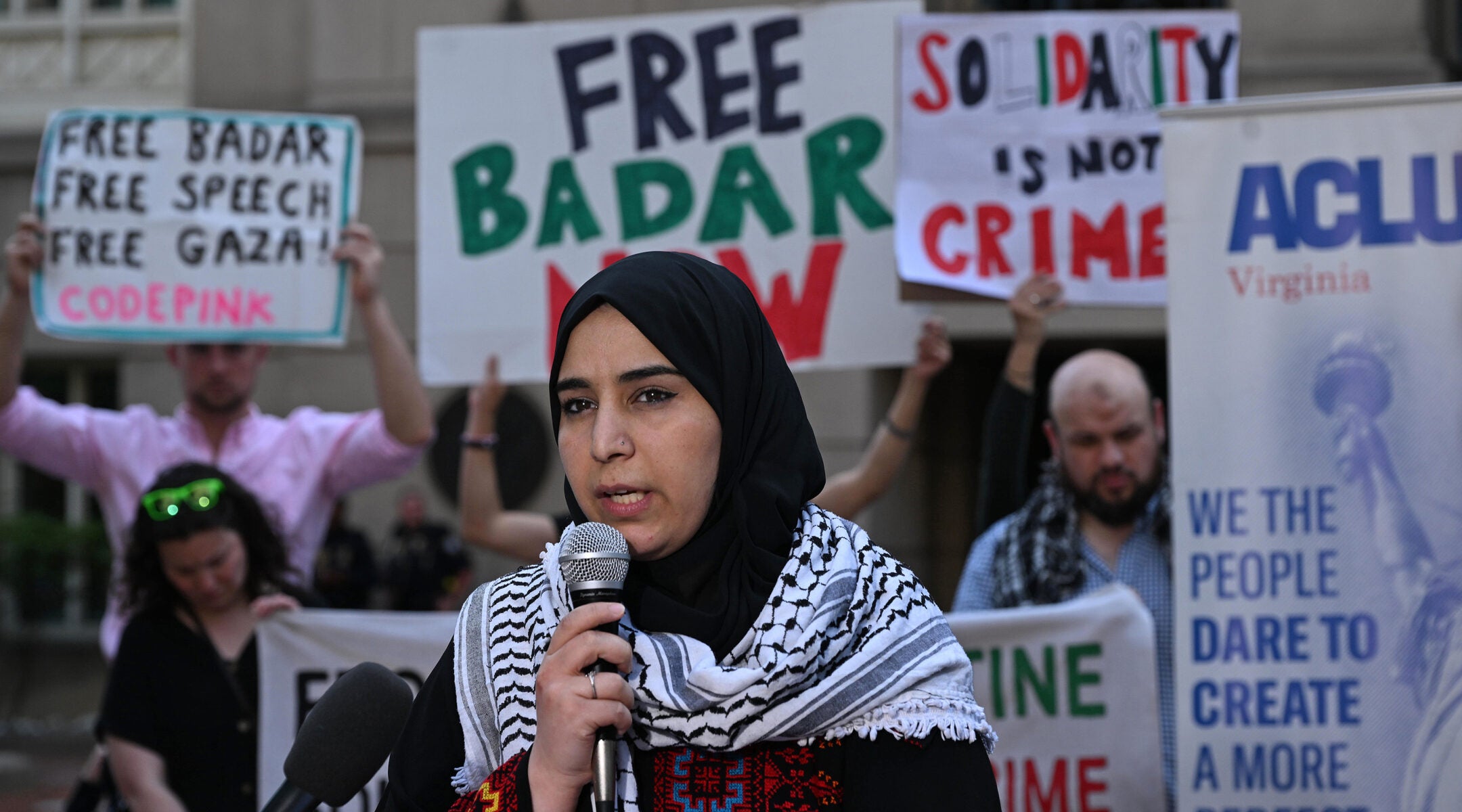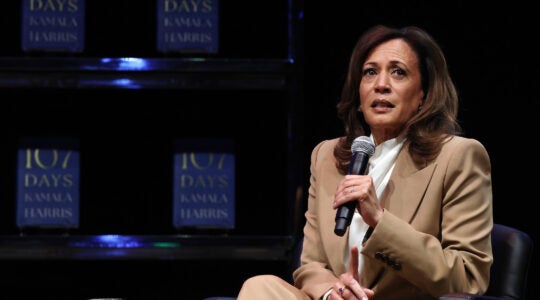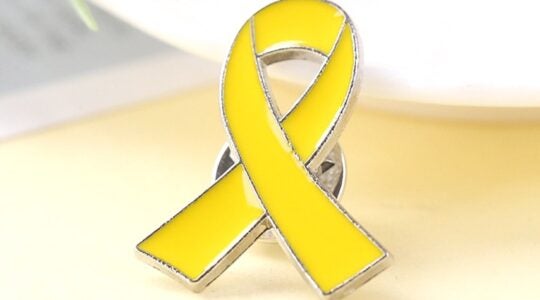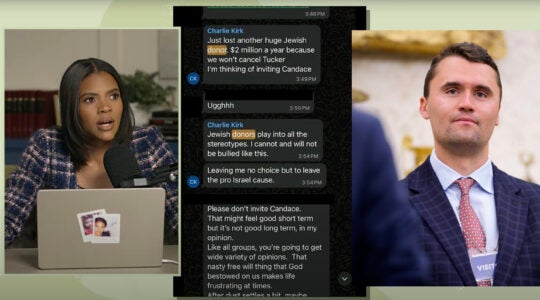A federal judge has ordered that a Georgetown University researcher accused by the Trump administration of “spreading Hamas propaganda and promoting antisemitism on social media” be freed from detention while the government pursues efforts to deport him.
Bader Khan Suri, an Indian national, was arrested in March amid the Trump administration’s early crackdown on pro-Palestinian activism on college campuses, which it said it was undertaking to stop antisemitism. He had not been named in news coverage about pro-Palestinian protests at Georgetown last year, but he had drawn scrutiny because of his social media posts and because he is married to another Georgetown student, Mapheze Ahmad Yousef Saleh, who is the daughter of a former senior Hamas official.
Judge Patricia Giles ruled that the government had violated Suri’s First Amendment rights when it detained him. Saying that the government had not offered sufficient evidence that he was a national security or flight risk, she ordered his immediate release.
The ruling adds to a growing number of cases where the government has failed in its bid to keep in detention someone it has accused of pro-Palestinian activism that runs counter to U.S. policy. Mahmoud Khalil, the first and most high-profile of those arrested, remains in detention, but several others, including a Tufts University graduate student from Turkey who co-authored an op-ed critical of Israel and a Columbia University undergraduate who was a protest leader, have been freed.
Unlike those students, Khan Suri, a postdoctoral fellow at Georgetown’s School of Foreign Service who was jailed in Texas, did not play an active role in pro-Palestinian activism on his campus.
“I’ve never even been to a protest,” Khan Suri said in a statement distributed by the ACLU last month. “I came to the U.S. to work and raise my family: I go to work, come home late, and still they came and took me and broke my family. In my work, I’ve seen lots of injustice. I just didn’t think it would happen to me here.”
JTA has documented Jewish history in real-time for over a century. Keep our journalism strong by joining us in supporting independent, award-winning reporting.






